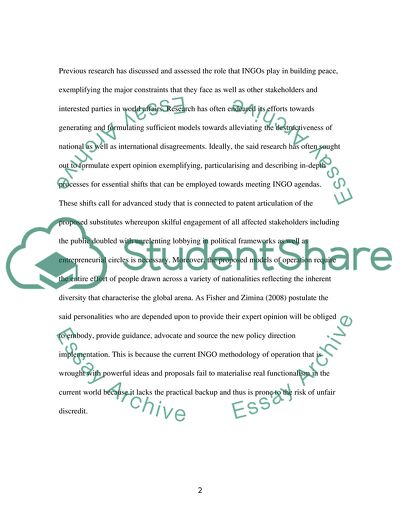Cite this document
(Resetting International Non-Governmental Organisations Agenda Article, n.d.)
Resetting International Non-Governmental Organisations Agenda Article. https://studentshare.org/politics/1731825-international-organisation
Resetting International Non-Governmental Organisations Agenda Article. https://studentshare.org/politics/1731825-international-organisation
(Resetting International Non-Governmental Organisations Agenda Article)
Resetting International Non-Governmental Organisations Agenda Article. https://studentshare.org/politics/1731825-international-organisation.
Resetting International Non-Governmental Organisations Agenda Article. https://studentshare.org/politics/1731825-international-organisation.
“Resetting International Non-Governmental Organisations Agenda Article”. https://studentshare.org/politics/1731825-international-organisation.


